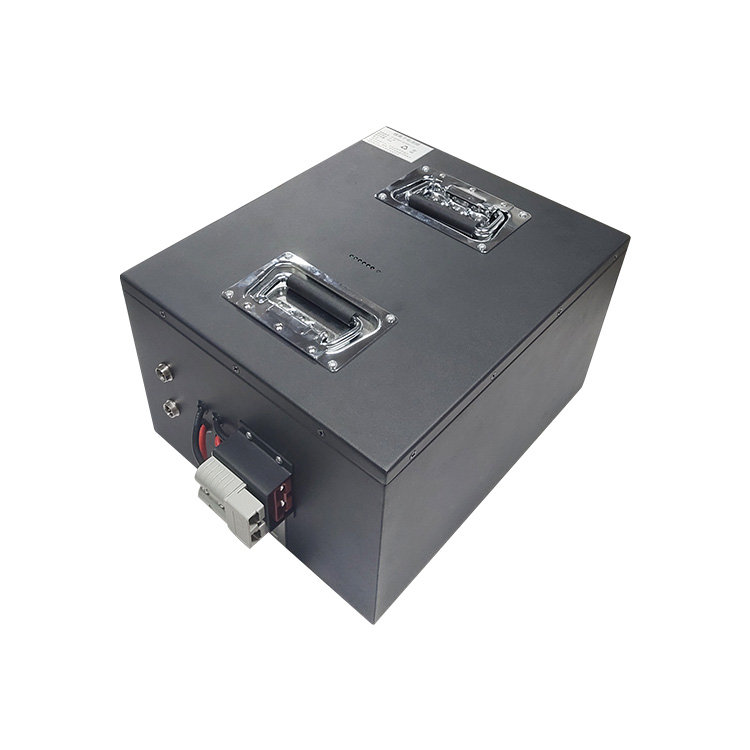Battery Capacity Kwh of Electric Vehicle
As a clean and efficient representative, electric vehicles are favored by consumers. And battery capacity of electric vehicles(Unit: kWh) is one of the important indicators that determine its mileage and performance. This article will focus on the significance, influencing factors and future development trend of battery capacity of electric vehicles to help readers better understand this key parameter.
I. Significance of battery capacity of electric vehicles
-
determine the mileage: the battery capacity of electric vehicles directly affects their mileage. The larger the capacity, the longer the mileage, and the greater the range and convenience of users' travel.
-
Affect Performance: the battery capacity of electric vehicles will also affect their performance, including acceleration performance, power output and charging speed, which is directly related to the driving experience of vehicles.
-
Related to cost: The battery of electric vehicle is a large part of the cost of the whole vehicle. The battery capacity will directly affect the price and use cost of the whole vehicle and become an important consideration for consumers to choose.
II. Factors affecting battery capacity of electric vehicles
-
battery Type: different types of batteries (such as lithium ion batteries, lithium cobalt oxide batteries, etc.) have different energy density and charge and discharge performance, which will affect the size of battery capacity.
-
Battery structure: The structure design and material selection of the battery will affect the capacity and power output of the battery, such as the number of cell, electrode material and diaphragm design.
-
Battery Management System: the battery management system of electric vehicle plays a key role in charge and discharge control, temperature management and condition monitoring of battery, which directly affects the utilization rate of battery capacity.
-
Charging Technology: the development of charging technology will also be rightThe battery capacity has an impact, such as fast charging technology and intelligent charging system, which can improve the charging efficiency and service life of the battery.
-
Ambient temperature: ambient temperature will affect the performance and capacity of the battery, low temperature will reduce the capacity and power output of the battery, and high temperature will affect the life and safety of the battery.
III. Future Development Trend of battery capacity of electric vehicles
-
increase energy density: in the future, the battery of electric vehicles will continuously improve the energy density, achieve longer endurance range under the same capacity, and meet the needs of users for endurance.
-
Improved charging technology: fast charging technology and intelligent charging system will be further improved and promoted to improve charging efficiency and convenience and shorten charging time.
-
Intelligent management system: the battery management system of electric vehicles will be more intelligent, realize real-time monitoring and optimal management of battery status, and improve the safety and stability of batteries.
-
Environmentally friendly and sustainable: in the future, electric vehicle batteries will pay more attention to environmental protection and sustainable development, and adopt more environmentally friendly materials and recycling technologies to reduce resource consumption and environmental pollution.
-
Diversified applications: With the continuous expansion of the electric vehicle market, the battery capacity will realize diversified applications, meet the needs of different vehicle types and user groups, and promote the popularization and development of electric travel.
The battery capacity of electric vehicles is an important parameter that determines the mileage, performance and cost, and is highly concerned by consumers and manufacturers. With the continuous progress of battery technology and the improvement of charging infrastructure, the battery capacity of electric vehicles will usher in more innovations and developments, bringing more convenience and choices to the new energy automobile industry.
 Dongguan Juneng New Energy Technology Co., Ltd.
Dongguan Juneng New Energy Technology Co., Ltd.
 137 5142 6524(Miss Gao)
137 5142 6524(Miss Gao)
 susiegao@power-ing.com
susiegao@power-ing.com
 Xinghuiyuan High tech Industrial Park, Dalang Town, Dongguan City, Guangdong Province
Xinghuiyuan High tech Industrial Park, Dalang Town, Dongguan City, Guangdong Province













 Yue Gong Wang An Bei No. 4419002007491
Yue Gong Wang An Bei No. 4419002007491